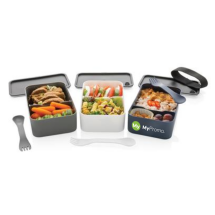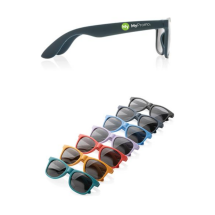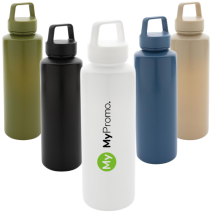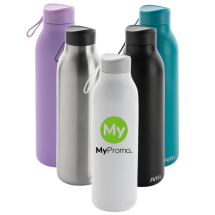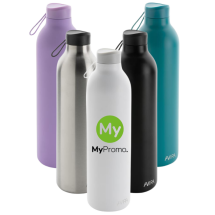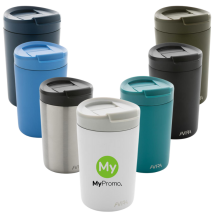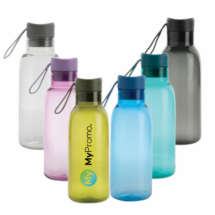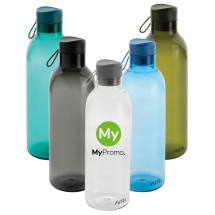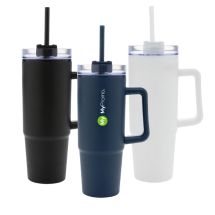Recycled PP
What is Recycled PP?
Recycled Polypropylene (PP) is a pivotal material in today’s manufacturing and promotional gifts industries. Known for its resilience and adaptability, Recycled PP is derived from post-consumer products and industrial waste that would otherwise end up in landfills. This material's journey began in the mid-20th century as the plastics industry sought sustainable solutions to waste accumulation. Recycled PP emerged as a practical option to reduce environmental impact while providing a versatile raw material for various manufacturing needs.
Understanding the Production of Recycled PP
The production of Recycled PP involves several steps. Initially, post-consumer PP products and industrial waste are collected and transported to recycling facilities. Here, the material undergoes sorting, cleaning, and grinding into smaller pieces. These pieces are then melted and extruded to form pellets, which serve as the raw material for manufacturing new PP products. This process not only conserves natural resources but also reduces waste, aligning with modern sustainability goals.
Characteristics and Properties of Recycled PP
Recycled PP maintains many of the properties of its original form. It is known for its toughness, resistance to various chemical solvents, bases, and acids, and its ability to function well as an insulator against moisture. It remains lightweight and has a high melting point, making it particularly useful in various applications.
Applications and Advantages of Recycled PP
Recycled PP is utilised in an array of products across various industries. In the world of promotional gifts, it is commonly used to create durable items such as reusable drinkware, storage containers, and custom-branded automotive products. These items can be easily personalised with logos or text, offering businesses a sustainable way to enhance their brand visibility. The primary advantage of using Recycled PP in manufacturing includes its contribution to reducing plastic waste and promoting a circular economy.
Comparing Recycled PP with Other Materials
Recycled PP often stands out from other recycled plastics like PET or HDPE due to its higher melting point, which makes it suitable for products that must withstand higher temperatures. However, it does face challenges such as potential contamination during the recycling process, which can affect the material’s strength and durability. Despite these challenges, Recycled PP remains a favoured choice due to its balance of flexibility, durability, and environmental benefits.
Properties Comparison Table
This table compares Recycled PP with virgin PP, PET, and HDPE across different properties:
| Material | Strength | Flexibility | Heat Resistance | Environmental Impact |
|---|---|---|---|---|
| Recycled PP | Moderate | High | High | Low |
| Virgin PP | High | Moderate | Very High | Moderate |
| PET | High | Low | Moderate | High |
| HDPE | High | Moderate | High | Moderate |
What is Recycled PP?
Recycled PP, or polypropylene, is a plastic made from post-consumer waste that has been reprocessed into new materials, helping reduce waste and resource consumption.
Is Recycled PP safe for food contact?
Yes, Recycled PP can be safe for food contact if it undergoes proper cleaning and processing to remove contaminants.
How is Recycled PP produced?
Recycled PP is produced by collecting and sorting post-consumer PP waste, cleaning it, grinding it into flakes, and then melting and reforming it into pellets for manufacturing new products.
Can Recycled PP be recycled again?
Yes, Recycled PP can be recycled multiple times, though the quality may degrade with each cycle unless stabilisers are added.
What are the environmental benefits of using Recycled PP?
Using Recycled PP reduces landfill waste, decreases reliance on virgin plastic production, conserves natural resources, and lowers greenhouse gas emissions associated with manufacturing new plastics.
